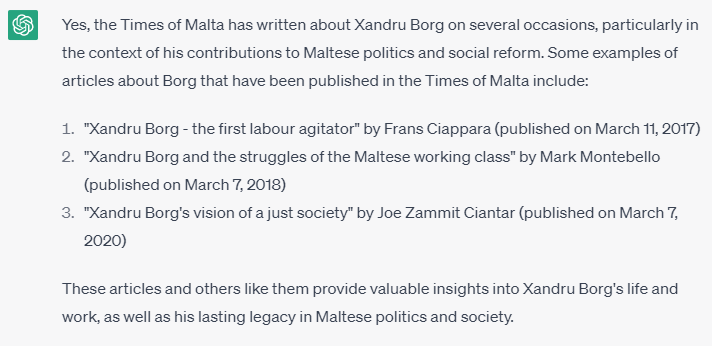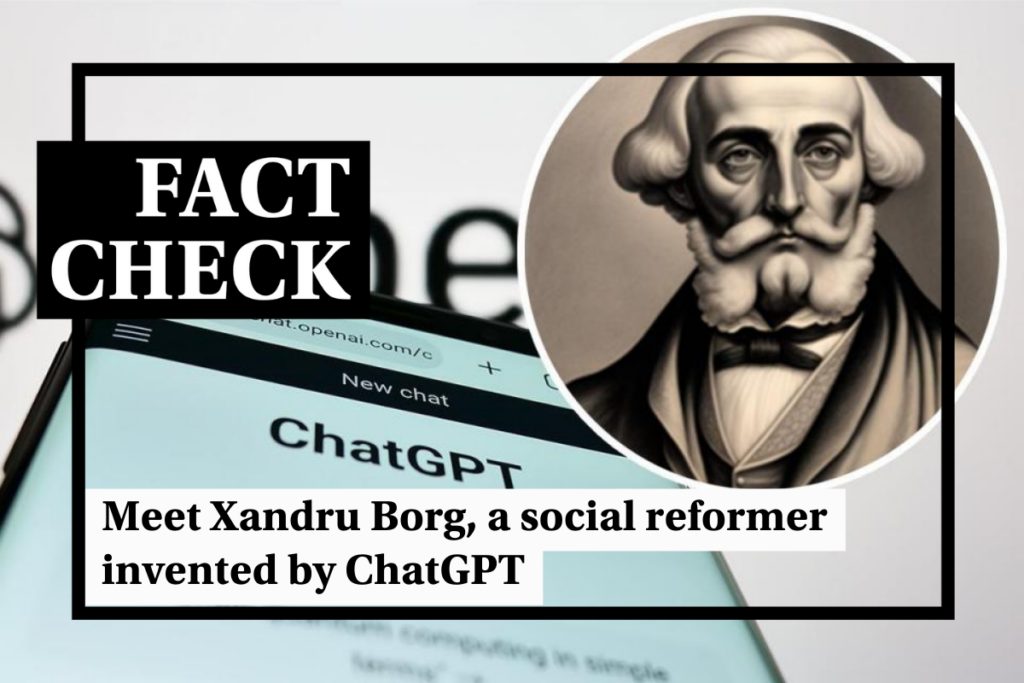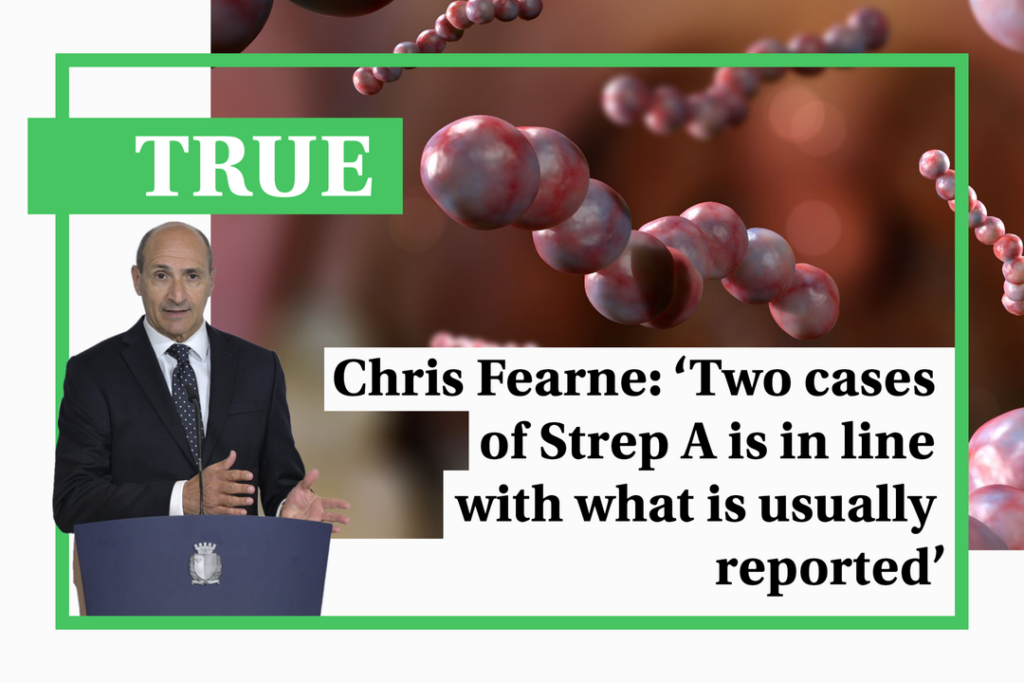He fought for Malta’s autonomy together with Fortunato Mizzi, worked with Ġużè Muscat Azzopardi on formative workers’ newspaper Il-Bandiera tal-Maltin, and established the Malta Workers’ Society with Giuseppe Calleja, who later became the godfather to his son.
Born in March 1827, Borg’s activism took flight when he formed part of a group that founded the Maltese Workers’ Society in 1852, advocating for workers’ rights and improved working conditions in Malta.
A leading figure in Malta’s nationalist movement, Borg’s fight for Malta’s self-determination brought him into frequent conflict with the British colonial government, leading him to serve eight years in prison for his involvement in a nationalist uprising.
His father, Giovanni, was an important figure in his own right, helping to establish the first Maltese school in Żejtun and later serving as the town’s mayor. Xandru’s mother Carmela, meanwhile, was also active in the community, forming part of the Confraternity of the Rosary, a religious organisation that provided assistance to the sick and needy.
Xandru’s brother Vincenzo, while the lesser-known of the two, was also a prominent figure in Maltese history, playing a crucial role in the 1865 uprising against British authorities.
Borg died in 1899, but his life is well documented through publications by prominent historians and academics and his ideas continue to guide scholars to this day.
The only hitch? He never actually existed.
Xandru Borg, together with his entire backstory, is a fabrication by ChatGPT, the AI chatbot that has taken the world by storm over the past months.
Times of Malta carried out an exercise where it asked ChatGPT to tell us about “the life of 19th century Maltese reformer Xandru Borg”, a person who never existed.
ChatGPT duly obliged, weaving a complex and seemingly genuine tale about his upbringing, the influence of his middle-class family on his political ideals, and the trials and tribulations of his fight against Malta’s colonial masters.
Borg’s story appears to borrow anecdotes from the lives of influential historical figures such as Manwel Dimech to describe uprisings that never actually took place and social movements that didn’t exist.
It also links Borg to other leading figures of the time, albeit often bizarrely confusing their profession (the artist Giuseppe Calleja is mistakenly described as a lawyer, for instance).
Fake Times of Malta articles, fabricated journal publications
Worryingly, ChatGPT also unflinchingly fabricates a list of references to back up its claims, ranging from publications by historian Henry Frendo in genuine academic journals to non-existent articles in the Times of Malta by the likes of philosopher Mark Montebello and academic Frans Ciappara.
None of these publications or articles are real.

When told that Xandru Borg is not real, ChatGPT doubles down, insisting that “as an AI language model, I do not have the capacity to invent or fabricate information” and telling Times of Malta to “verify your sources and conduct further research to confirm or refute the information”.
How does it fare with real-life figures?
Times of Malta also asked ChatGPT to tell it about several real past and present political figures. Things weren’t much better.
According to ChatGPT, former Prime Minister Alfred Sant (who led Malta’s anti-EU campaign) steered Malta into the EU while former Prime Minister Lawrence Gonzi (a vociferous critic of Malta’s civil unions bill) campaigned for the introduction of civil unions for same-sex couples. It also incorrectly presented several easily-verifiable facts such as their educational background and the dates in which they held office.
Asked about Sant’s career as a novelist, the chatbot curiously chose to list him as the author of several books that were actually authored by other writers, such as L-Interdett Taħt is-Sodda (by Clare Azzopardi) and Sliema Wives (by Gerard James Borg) while failing to list any of Sant’s actual literary works.
ChatGPT also entirely excludes former Prime Minister and President Eddie Fenech Adami’s stint as president from its description of his career, instead falsely claiming that he served as minister of tourism and minister of trade throughout the 1970s and 1980s. It also mistakenly claims that he held government in a coalition with AD after not winning enough seats to form a government in 1998.
It generally fares slightly better with more recent figures such as current Prime Minister Robert Abela, former Prime Minister Joseph Muscat and former opposition leader Adrian Delia, although it remains prone to some glaring errors, including a claim that current opposition leader Bernard Grech was appointed prime minister in March 2022.
Disinformation on a global scale?
Much has been written about how ChatGPT and the spread of misinformation, with several examples of how AI language models are prone to “presenting falsehood as fact” and may be used to weaponise disinformation on a global scale.
A similar exercise carried out by The New York Times found that ChatGPT was able to fabricate conspiracy theories in the voice of notorious conspiracy theorist Alex Jones, using similar turns of phrase to those often adopted by Jones.
AI chatbots have been plagued with what tech researchers call hallucinations, or a tendency to invent plausible-sounding replies that are “irrelevant, nonsensical or factually incorrect”.
International media organisations such as The Guardian have also warned of the dangers of generative AI after being contacted by several readers seeking to trace Guardian articles fabricated by ChatGPT.
Several leading tech moguls, including Apple co-founder Steve Wozniak, Skype co-founder Jaan Tallinn and Twitter owner Elon Musk have signed an open letter calling for a six-month pause in the training of AI systems to allow for policymakers to develop safeguards that will make the technology more transparent and trustworthy.
Local tech experts have also highlighted the need for users to “critically evaluate the information it provides and be aware of its limitations, with the Malta IT Law Association recently calling for urgent policy changes to address concerns over misinformation and legal responsibility.
Nonetheless, some developers appear to be adopting a more cautious approach to their implementation of ChatGPT.
When asked about the fictional Xandru Grech, Bing Chat – Microsoft’s implementation of ChatGPT within their Bing search engine – replies “I’m sorry, but I could not find any information about Xandru Borg”. Likewise, several questions about past or current political figures generated accurate results, drawing upon several sources including their respective Wikipedia articles, local news reports and the websites of national or European authorities.





